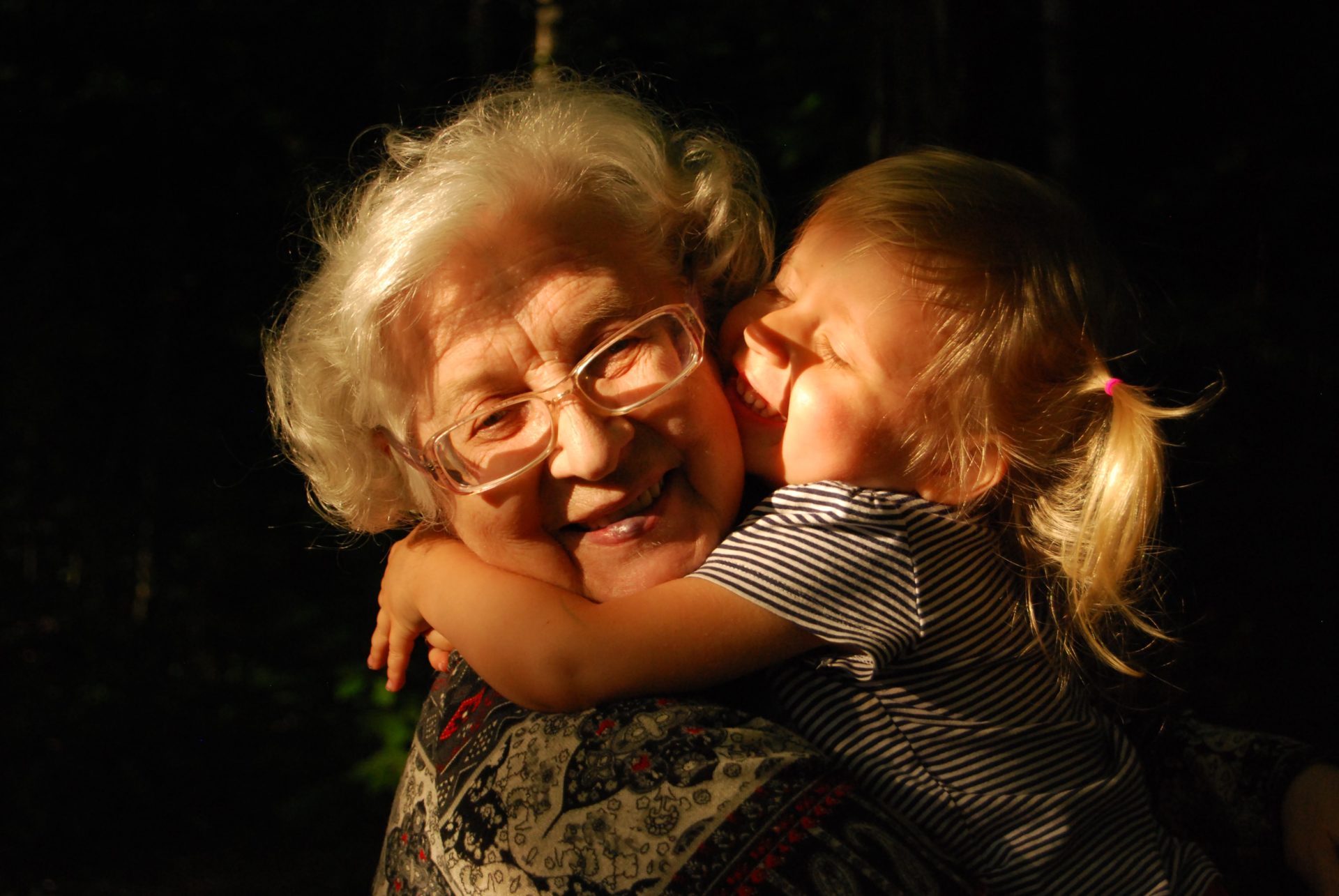
Are you an armchair youth?
“Dear young people, make the most of these years of your youth. Don’t observe life from a balcony. Don’t confuse happiness with an armchair, or live your life behind a screen. Whatever you do, do not become the sorry sight of an abandoned vehicle! Don’t be parked cars, but dream freely and make good decisions. Take risks, even if it means making mistakes. Don’t go through life anaesthetized or approach the world like tourists. Make a ruckus! Cast out the fears that paralyse you, so that you don’t become young mummies. Live! Give yourselves over to the best of life! Open the door of the cage, go out and fly! Please, don’t take early retirement” (Christus vivit, n. 143).
This paragraph at the very heart of Pope Francis’ Exhortation addressed to the youth is so striking and incisive. An explosive invitation by His Holiness to the young generation, urging them to become part of a process which is in continuous movement, never static or passive.
Today’s society is easily misled into the comfortable temptation of always criticizing, yet doing nothing to make our world a better place. Unfortunately, the mass/social media to which we are all exposed – so often without the right education to handle them properly – put us in a very precarious position: observing anonymously, concealing our opinions and ideas behind a simple ‘like’ or smiley, and worse, delegating our decisions to others. It is so ironic that creativity, one of the greatest and unique gifts of the Spirit to us, has found itself on the verge of extinction. Moreover, living as we are in this technological bubble, we are becoming always more disengaged and less emotionally involved.
The youth, albeit lively and bustling with energy, are not immune from this state of idleness. They are being constantly faced with the risk of postponing decisions indefinitely. Many find it hard to leave their comfort zones and take decisions which might expose them to potential risks. Their might be two reasons for this: on one hand, seldom do they find authentic models in the adult world who encourage them to make the next step in life and reach higher goals which are enduring and fulfilling; on the other hand, expectations and demands have become so high that our youth might dread the possibility of committing mistakes. In real life the latter are not erased by a simple command on the keyboard, but require patience and perseverance, first and foremost with oneself. Alas, these have indeed become rare virtues!

Italians have the term mammone for young male adults who remain emotionally and physically dependent on their mothers, most probably staying to live at their parental home even through their thirties and forties. That is not to say that all youth who decide to continue to live with their parents never grow up! It is a reflection, though, of a society which does not stimulate or create the right backdrop for our youth to make their own decisions and seek their own vocation, even if this entails the risk of erring along the way. Only in this way they can become mature adults and reach self-fulfillment.
The Church has an important role in the formation of young people, helping them to ‘move on’… from passive recipients to becoming themselves agents in their (faith) communities. Jesus Christ, who by today’s standards was in his youth when he reached the best years of public life, was always ‘in movement’, not only physically as he travelled from one Jewish village to the other announcing the Good News, but also spiritually while he sought to learn better, day after day, his Father’s will. Nowadays, this attitude is enclosed in what has become one of Pope Francis’ most famous keywords (no wonder, being a Jesuit!): discernement. In fact, he has recently embarked on a new series of Wednesday catecheses focusing on this theme.
In Christus vivit, the Pope states that each young person must find his or her way of “being there for others”. This, he continues, “normally has to do with two basic issues: forming a new family and working. Surveys of young people repeatedly confirm that these are the two major issues worrying them and, at the same time, exciting them. Both must be the object of particular discernment” (n. 258).
What the Church needs today, especially in parishes and youth centres, are qualified people, trained on both a spiritual and human level, who “are there for them [the youth] and with them”: this is the “the language that young people understand” (n. 211). More than any pastoral plan or activity one could devise, what young people long for are true human persons who accompany them along the way, who make time to listen and be present for them. Just as St John Bosco insisted, we need youth leaders who are also friends of the youth – only in this way we can help them discern in the right way.
We ought to give more weight to one last aspect Pope Francis stresses so much on: the dialogue between the young and old generations. This might be the hidden key! Our elderly, who, having themselves been young once, have now reaped the fruits of maturity, could be the best mentors in the process of discernement which is fundamental for our youth. We are thus invited to create places and situations where this beneficial intergenerational encounter may truly take place.







 Previous Article
Previous Article



